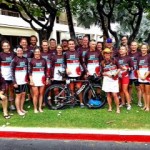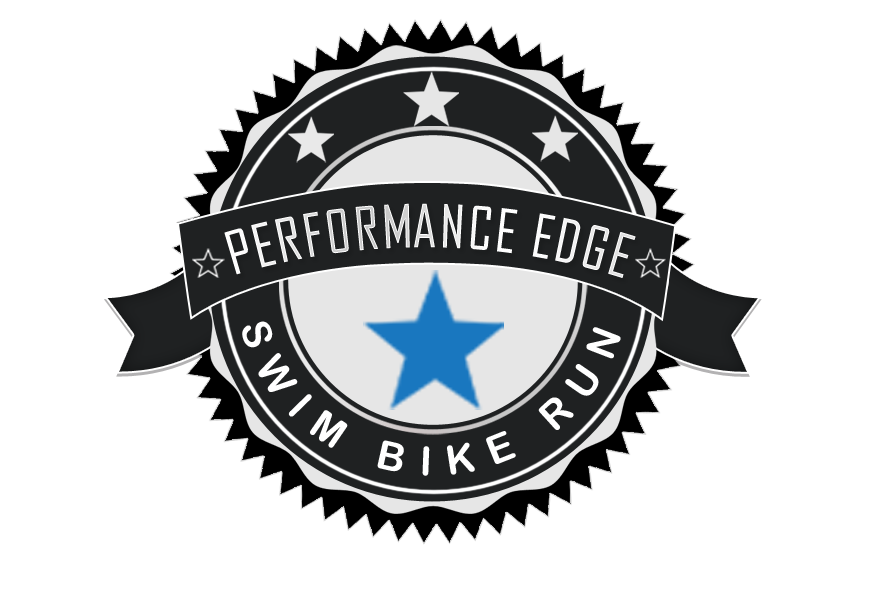 In the blog we have kept we have often referred to the volume of training that we were doing on Epic Camp Kona 2014 and therefore I thought it would be enlightening to "do the math" (as they say) and tote up exactly what it was we had been doing. Before doing that I think it is worth pointing out that this all was very manageable and took you nicely to the edge without tipping you over it. I suspect in the full Epic Camp that being tipped over that edge is a regular occurrence. I also think that the volume we did will mentally prepare you well for the rigours of long course racing - as I've stated before the actual 70.3 race felt like an easy training day volume wise as we were finished by lunchtime.
I believe that camps should be a big part of training and in future articles I'll write how to do your own, but I mainly think about how much fun they can be. Some things to focus now on how to get the most benefit from a training camp are below
In the blog we have kept we have often referred to the volume of training that we were doing on Epic Camp Kona 2014 and therefore I thought it would be enlightening to "do the math" (as they say) and tote up exactly what it was we had been doing. Before doing that I think it is worth pointing out that this all was very manageable and took you nicely to the edge without tipping you over it. I suspect in the full Epic Camp that being tipped over that edge is a regular occurrence. I also think that the volume we did will mentally prepare you well for the rigours of long course racing - as I've stated before the actual 70.3 race felt like an easy training day volume wise as we were finished by lunchtime.
I believe that camps should be a big part of training and in future articles I'll write how to do your own, but I mainly think about how much fun they can be. Some things to focus now on how to get the most benefit from a training camp are below
The lead in - When you have a training camp coming up, it is wise to focus on preparation but that doesn’t mean race ready. You need to ensure that you are fit enough to be able to get a physiological benefit out of the camp rather than just getting tired. To address this, work toward a solid block of training that is consistent across all disciplines. Don't be overly concerned about length of sessions, just aim for my favourite word - consistency. This consistency helps to develop durability. A camp is much more enjoyable when you are durable and healthy going into the week. The final tip during the lead in to a camp is to make sure you freshen up the week before. You are going to shock your system at camp. Make sure your body is ready to go.
The Camp - The idea of a camp is to take you out of your comfort zone and the safest way of doing that is big bike volume - Epic Camp and Epic Camp Lite does that. You get to train full time and push the limits. The biggest advice here: resist the urge to go too hard, set limits for yourself (for example, power and HR caps - which are great when the devices actually work!). It is best to pace a camp much like an ironman. Build into the week.
Post camp - Refresh the week after the camp. How do you evaluate the success of a camp? By how quickly you can get back to a normal training week. Post camp week is the time to assimilate back into normal life and let the week of training absorb. Remember camp life isn’t normal life. You can’t be expected to maintain that level of training when you have work/life/family commitments.
Ok so you've been in suspense long enough - the numbers. In the 7 days of Epic Camp Kona 2014 we did:
Swim - 10km (6 miles)
Bike 765km (480 miles)
Run 59km (37 miles)
